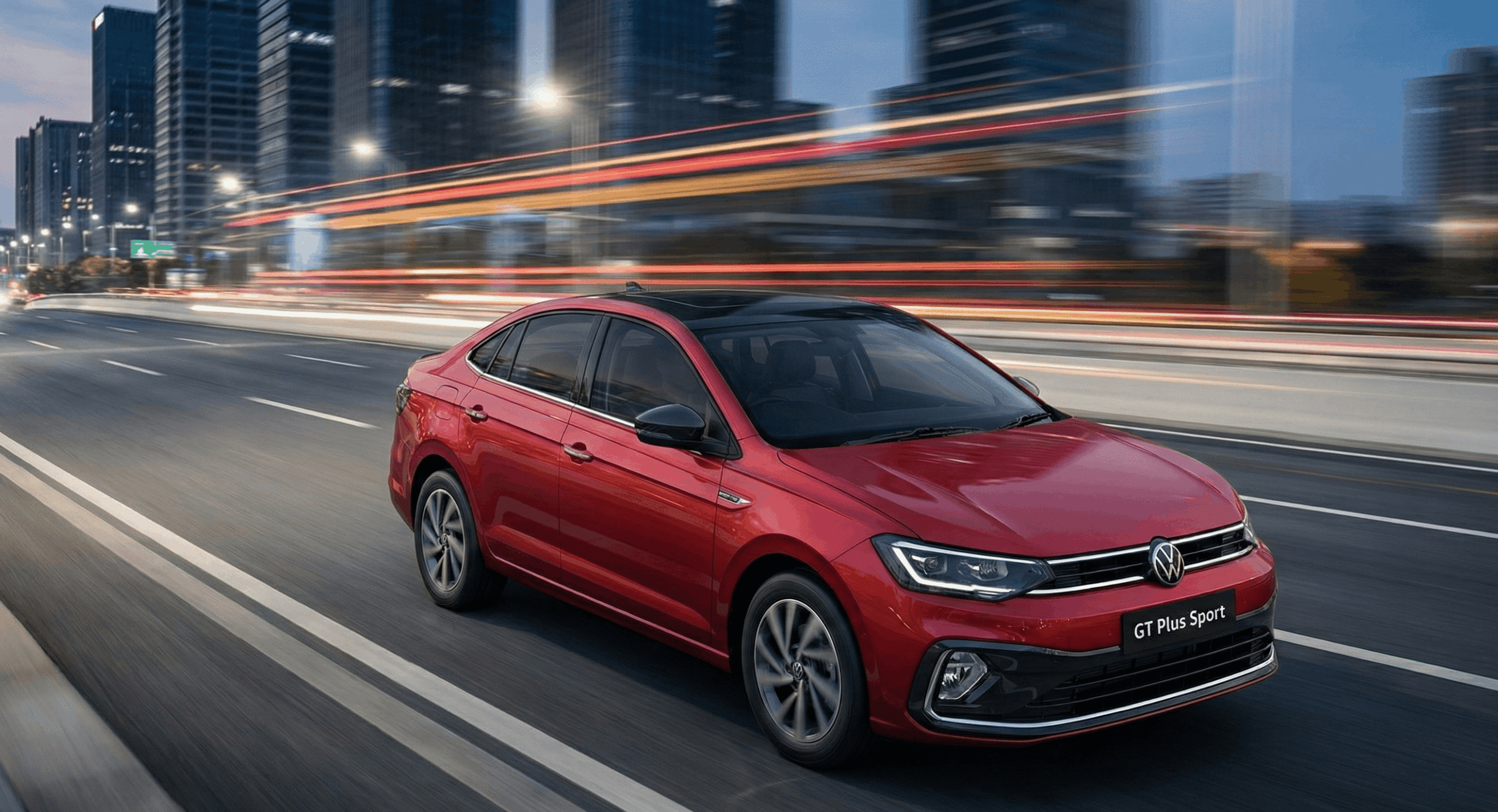Purchasing a car is no less than a dream come true for most people in India. One of the most common dilemmas they may face while buying is whether to opt for a new vehicle or a used car. With each option, there are certain perks and cons. But to make an informed decision, one must look at some critical factors that come with them. Depreciation, maintenance, insurance costs, and warranty coverage are a few of these aspects. You should come to a final verdict only after carefully analyzing all of these.
Depriciation of New Car vs Used Car
The reduction in a car’s value over a period of time is known as depreciation. In India, new cars typically lose their value by over 15-20% as soon as they are driven off the showroom. Over the next three to five years, they can lose even more, maybe 50% or more. This depends on the car company and the usage.
Alternatively, used cars already lose most of their value. For example, a vehicle that is three years old might still be worth 60-70% of what it originally cost. This is the reason why these trade-in cars can be bought at much lower prices than new ones. So, people who want to get the most for their money often choose pre-owned cars.
Insurance Costs
In India, how much you pay for car insurance depends on the IDV or Insured Declared Value. It is the current value of your vehicle that the insurance company agrees to pay you in case your car is stolen or declared damaged. It decreases as the car gets older. Because of this, insurance premiums for used cars are generally lower.
For example, if you have a first-hand car that costs 10 lakh rupees, you might pay around 25,000 to 35,000 rupees annually for its insurance. However, if you have a three-year-old car of the same company and model, you might only pay 12,000 to 18,000 rupees per year.
Warranty and Reliability
When you buy a new car, it usually comes with a promise from the manufacturing company. This promise, called a warranty, often lasts for 3-5 years or for a certain number of kilometres you drive. This makes you feel secure that if something goes wrong, you might not have to pay by yourself.
In contrast, used cars may or may not be under warranty. Though many second-hand cars often come with dealer-backed warranties. But these are for shorter durations and coverage than the original manufacturer warranties.
Loan and Financing Options
Usually, it is easier to get loans to buy a brand-new car. This is because banks easily give loans for fresh cars with lower interest rates compared to loans for second-hand cars. Plus, you usually get more time to pay back the loan for a new car.
Alternatively, Pre-owned car loans have higher interest rates and shorter repayment periods.
Resale Value and Exit Strategy
New cars lose value fast initially but often sell for more later. In contrast, second-hand cars sell for less, but since they cost less to begin with, the total money you lose over time can be less. For example, a new car of 10 lakhs selling for 5 lakhs after 5 years means a loss of 5 lakhs. A used car of 6 lakhs selling for 4 lakhs after 3 years is a loss of just 2 lakhs.
Final Verdict for Used Car vs New Car
| Factor | Best Option | Why |
| Budget Friendly | Used | Lower Price and EMI |
| Insurance Savings | Used | Cheaper Premiums |
| Low maintenance | New | Under Warranty |
| Resale Strategy | Used | Lower Depreciation |
In closing, for budget-conscious buyers, a pre-owned car can be a smart and sensible option. But for those looking for long-term reliability, then buying a new car might be the better choice for you.
If you think that used cars are the best suited for you, please also click the below link to learn common mistakes to avoid while buying a used car.
https://motoautiv.com/you-must-know-this-before-buying-a-used-car/
In case you would like to explore used car options available in the market, we would recommend you to check out :
https://www.cars24.com/




Nice blog, such a useful content